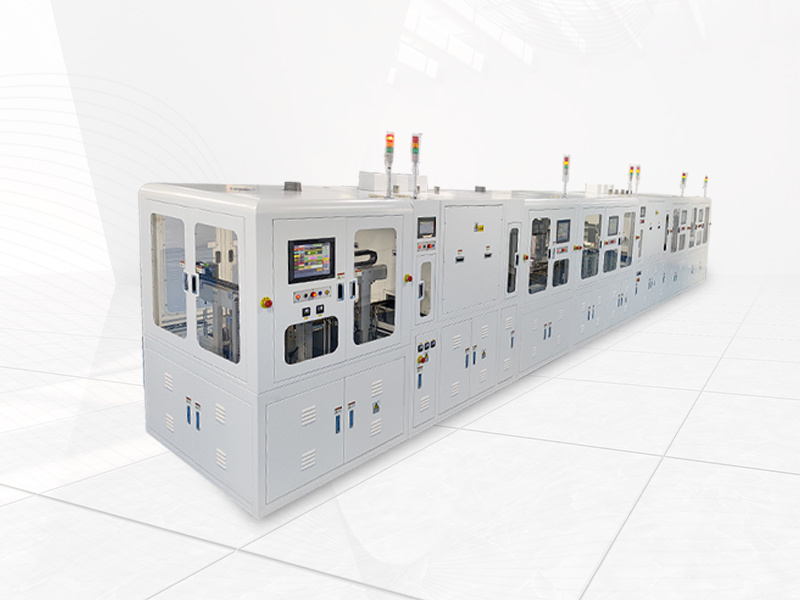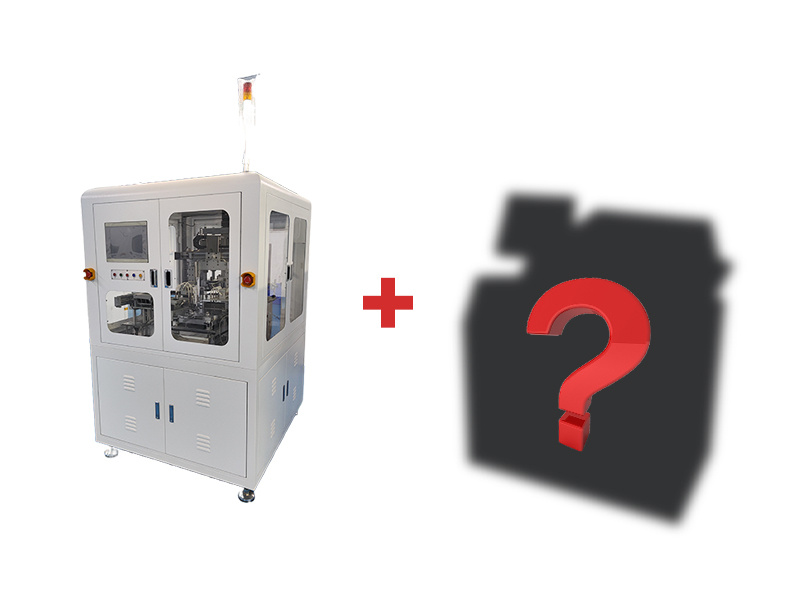Understanding Dipping Machines: A Key Component in Manufacturing Processes
Release time:
May 16,2025
Dipping machines are specialized equipment used in the manufacturing sector, particularly in processes where products need to be coated, immersed, or treated with various substances. These machines operate by immersing items into a liquid solution, which can be paint, adhesive, or chemical coatings, depending on the end product's requirements. The process not only ensures even coverage but also enhances the durability and aesthetic appeal of the finished goods.
One of the primary benefits of utilizing a dipping machine is the ability to achieve uniform coating. In many industries, such as automotive or electronics manufacturing, even a slight inconsistency in coating can lead to product failure. Dipping machines minimize the risk of such discrepancies by providing controlled immersion times and consistent liquid flow, resulting in higher-quality products.
Dipping machines can cater to a wide range of materials and products, including metal parts, plastic components, and even textiles. For instance, in the manufacturing of electronic devices, components may be dipped in a protective coating to shield them from moisture and corrosion. Similarly, in the textile industry, fabrics can be treated with dyes or finishes through dipping, allowing for enhanced coloration and texture.
Moreover, the operational efficiency of dipping machines contributes significantly to the overall productivity of manufacturing processes. By automating the dipping process, manufacturers can reduce labor costs and minimize human error. This automation also allows for faster production cycles, leading to improved turnaround times and the ability to meet market demands more effectively.
In addition to their operational advantages, dipping machines are also designed to be environmentally friendly. Many modern machines are equipped with systems to recycle and reclaim liquids, reducing waste and ensuring compliance with environmental regulations. This focus on sustainability is increasingly important as industries strive to adopt greener practices.
In summary, dipping machines are essential tools in various manufacturing sectors, providing uniform coating, operational efficiency, and environmentally responsible solutions. Understanding their functionality and applications can help businesses enhance their manufacturing processes and deliver higher-quality products to their customers.
One of the primary benefits of utilizing a dipping machine is the ability to achieve uniform coating. In many industries, such as automotive or electronics manufacturing, even a slight inconsistency in coating can lead to product failure. Dipping machines minimize the risk of such discrepancies by providing controlled immersion times and consistent liquid flow, resulting in higher-quality products.
Dipping machines can cater to a wide range of materials and products, including metal parts, plastic components, and even textiles. For instance, in the manufacturing of electronic devices, components may be dipped in a protective coating to shield them from moisture and corrosion. Similarly, in the textile industry, fabrics can be treated with dyes or finishes through dipping, allowing for enhanced coloration and texture.
Moreover, the operational efficiency of dipping machines contributes significantly to the overall productivity of manufacturing processes. By automating the dipping process, manufacturers can reduce labor costs and minimize human error. This automation also allows for faster production cycles, leading to improved turnaround times and the ability to meet market demands more effectively.
In addition to their operational advantages, dipping machines are also designed to be environmentally friendly. Many modern machines are equipped with systems to recycle and reclaim liquids, reducing waste and ensuring compliance with environmental regulations. This focus on sustainability is increasingly important as industries strive to adopt greener practices.
In summary, dipping machines are essential tools in various manufacturing sectors, providing uniform coating, operational efficiency, and environmentally responsible solutions. Understanding their functionality and applications can help businesses enhance their manufacturing processes and deliver higher-quality products to their customers.









